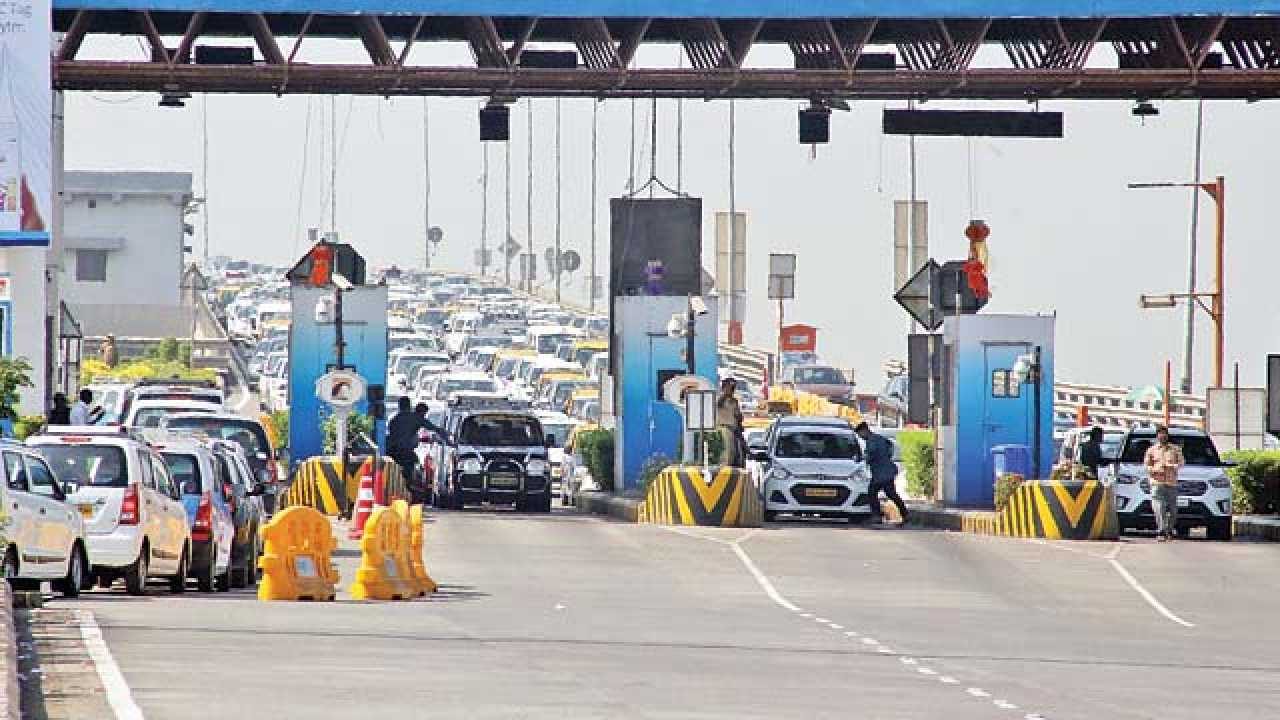The Ministry of Road Transport and Highways (MoRTH) has now made it mandatory for all vehicles to use FASTag at toll plazas from 1 January 2021. This compulsion is only made for four-wheelers.
All vehicles going through the highway toll across the country will now need to have a valid FASTag for transactions and poll booths will not accept any cash transactions as a mode of payment.
The ministry had issued a notification in November 2020 for making FASTag mandatory in 2021.
Not only for toll collection but it is also now mandatory for vehicle’s annual document renewals as well. This includes the third-party insurance and the (PUC) Pollution Under Control emission certificate.
Notably, FASTag is a brand name owned by Indian Highways Management Company Ltd. (IHMCL), which carries out electronic tolling and other ancillary projects of National Highway Authorities of India (NHAI).
National Payments Corporation of India (NPCI), IHMCL and NHAI are functioning to make state and national highway toll payments completely digital.
FASTag can also be purchased from portals such as HDFC Bank, State Bank of India, ICICI Bank, Bank of Baroda, Axis Bank, City Union Bank. The tag is also available in PayTM and Amazon; among others. Meanwhile, ICICI Bank on Monday said it has joined hands with Google Pay for issuance of FASTag.
As FASTag is now compulsory it will come fitted right from the factory in the new vehicles. According to the Central Motor Vehicles Rules, 1989.
Also the toll collection per day via ‘FASTag’ crossed Rs 80 crore on December 24th as 50 lakh transactions took place via the electronic highway user fee collection system.


















